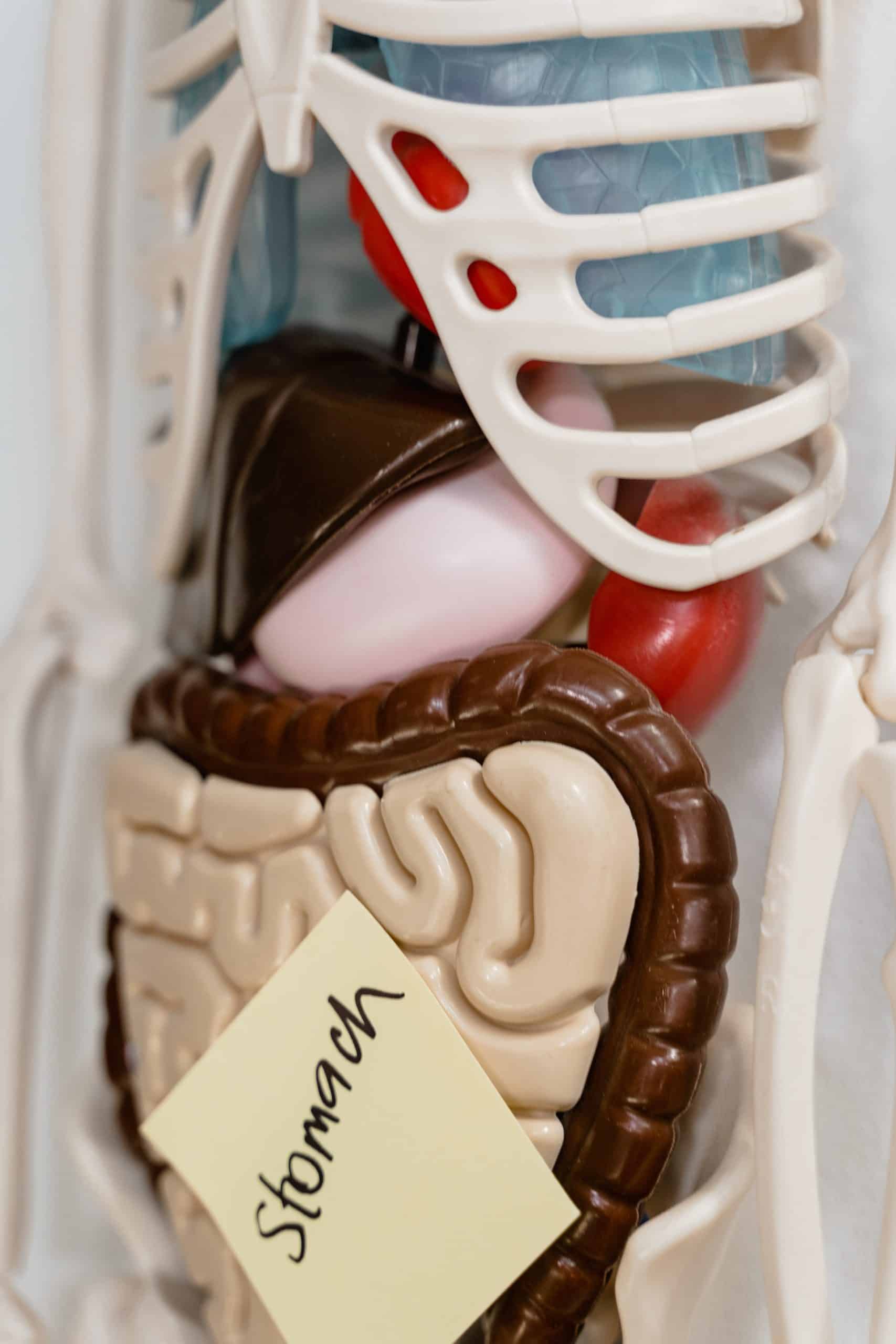Your diet doesn’t just affect your waistline, it is also critical to how you feel and function. Eating the wrong kinds of food, such as processed carbs and meats, fried foods and sweets, may lead to excess body weight, avoidable diseases and poor mental health.
A growing body of research suggests that poor nutrition may contribute to the high prevalence of mental disorders. Nearly one in four Americans
According to researchers at the University of Las Palmas de Gran Canaria and the University of Granada, consuming fast food and baked goods are linked to depression. The study tracked the lifestyle and diets of 12,000 volunteers over a six-year period and found that those who regularly consumed fast food, compared to those who eat little or none at all, are 51 percent more likely to develop depression. Furthermore, the more you eat, the experience your risk.
The study also found that participants who ate the most fast food and commercial baked goods were more likely to have overall poor diets. Poor dietary habits include eating less fruit, vegetables, fish, olive oil and nuts. This group was also more likely to smoke and work more than 45 hours per week. These types of lifestyle choices are key contributors to
How Food Affects the Brain
It’s commonly understood that processed foods are unhealthy. But to break the habit of reaching for these comfort and convenience meals, it’s important to know why they are so bad.
Over the last century, the western diet has changed dramatically. Intake of omega-3 fatty acid has decreased whereas consumption of trans fatty acids, linoleic acid and saturated fat has increased. Eating large amounts of trans fats can damage neurons and interfere with neuronal firing which can have a damaging effect on brain health.
This unhealthy diet also disrupts the neurotransmitters which are responsible for feelings of well-being and happiness. When you eat, the reward center of your brain activates and releases dopamine, a neurotransmitter, which your brain interprets as pleasure. This system is designed to seek out behaviors that make you feel good. When you eat junk food, your brain releases a tremendous amount of dopamine which can lead to craving (and consuming) excess amounts of sweet and fatty foods.
Your brain requires a constant supply of fuel. This fuel comes from the foods you eat, and your diet makes all the difference in how well your brain performs. What you eat directly affects the overall function and structure of your brain. This is incredibly powerful news! It means that by eating high-quality foods rich in vitamins, minerals and antioxidants, you can protect your brain. Alternatively, if you regularly consume unhealthy fats, processed carbohydrates and meats and foods high in sugar you are depriving your brain of the nutrients it needs and robbing yourself of the vitality you deserve.
Keeping Your Brain Healthy
Occasionally indulging in a sweet dessert or a lunch on-the-go likely won’t damage your brain. However, regularly including them in your diet can pose serious health risks. Instead, fill your plate with fresh fruits, vegetables, healthy fats, like olive oil and omega-3s found in salmon, nuts and seeds. Limit alcohol intake and avoid processed carbohydrates and refined sugars.
If you have been living on a convenience diet, consider having your physician check for possible nutrient deficiencies and supplement where necessary while cleaning up your diet.









